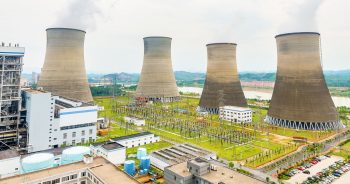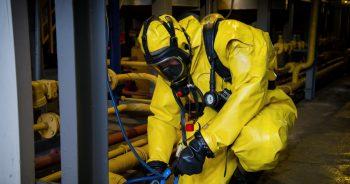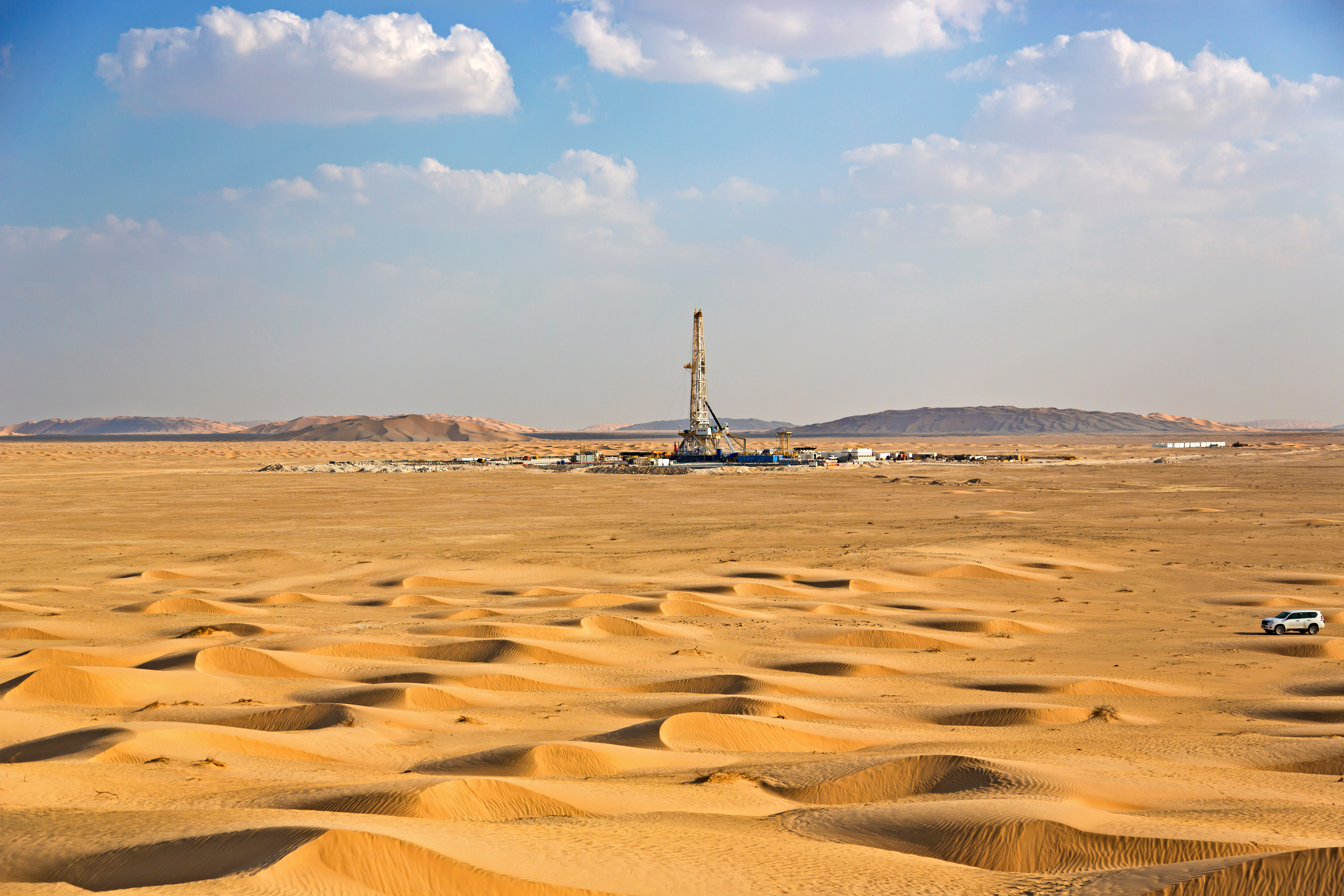Main missions
The role of the Drilling Superintendent is crucial in ensuring the safe, efficient, and successful drilling of oil and gas wells.
Job activities
-
Operational Planning: Drilling Superintendents are involved in planning drilling operations from start to finish. This includes selecting drilling locations, developing drilling programs, and setting project schedules.
-
Supervision: They supervise drilling teams and crews, ensuring that drilling activities are carried out in accordance with safety standards, regulations, and best practices.
-
Safety and Compliance: Drilling Superintendents prioritize safety and environmental compliance. They are responsible for ensuring that all drilling activities meet or exceed safety regulations and environmental standards.
-
Resource Management: They manage and allocate resources, including personnel, equipment, and materials, to ensure that drilling operations are adequately supported and that projects stay within budget.
-
Problem Solving: Drilling Superintendents are often faced with complex challenges during drilling operations. They need to quickly identify and address issues to prevent delays and ensure project success.
-
Quality Control: They oversee quality control measures to ensure that the drilling process meets quality and performance standards. This includes monitoring drilling parameters and conducting tests as needed.
-
Communication: Effective communication is essential. Drilling Superintendents liaise with various stakeholders, including engineers, geologists, regulatory agencies, and company management, to provide updates, address concerns, and report progress.
-
Budget Management: They are responsible for managing drilling budgets, tracking expenses, and making cost-effective decisions to keep projects on budget.
-
Emergency Response: In the event of unexpected situations or emergencies, such as well blowouts or equipment failures, Drilling Superintendents are responsible for implementing emergency response plans to protect personnel, assets, and the environment.
-
Documentation: They maintain detailed records of drilling activities, safety protocols, and performance metrics. Proper documentation is essential for compliance, reporting, and post-project analysis.
Required skills
A Drilling Superintendent in the oil and gas sector must have the following skills:
-
Drilling Expertise: A deep understanding of drilling techniques, drilling equipment, and associated procedures is essential for effectively planning and supervising drilling operations.
-
Project Management: Strong project management skills, including planning, resource allocation, scheduling, and budget management, are necessary to coordinate complex drilling operations.
-
Safety: An unwavering commitment to safety is crucial in the oil and gas industry. Skills in risk management and the ability to implement safety protocols are essential.
-
Leadership and Team Management: The ability to lead and motivate a team of drilling professionals is fundamental to ensuring that operations proceed efficiently and safely.
-
Communication: Communication skills are necessary to interact with various stakeholders, including drilling teams, engineers, geologists, and regulators. Clear and effective communication is essential for coordinating activities and ensuring compliance.
Other Operations & Production Jobs
-

Operations Manager – Nuclear Energy Jobs
The Operations Manager in the nuclear energy sector is responsible for managing and overseeing all operations of nuclear facilities. He/She ensures the efficiency, safety, and regulatory compliance of operations, ensuring the smooth functioning of nuclear power plants.
-

Radioprotection Engineer – Nuclear Energy Jobs
The Radioprotection Engineer in the nuclear energy sector is responsible for ensuring the protection of workers, the public, and the environment from the harmful effects of ionizing radiation. He/She ensures compliance with radioprotection standards and oversees the implementation of prevention and control measures for radiological risks.
-

Outage Maintenance Power Generation Engineer – Nuclear Energy Jobs
The Outage Maintenance Power Generation Engineer in the nuclear energy sector is responsible for planning, coordinating, and supervising maintenance activities during scheduled outages of nuclear power plants. He/She ensures that the power generation equipment is maintained in optimal working condition while adhering to safety standards and regulatory requirements.
-

Logistics Supervisor – Nuclear Energy Jobs
The Logistics Supervisor in the nuclear energy sector is responsible for managing and coordinating logistical activities to ensure the availability and efficient distribution of materials, equipment, and supplies necessary for the smooth operation of nuclear power plants. He/She ensures that logistical operations comply with safety standards and regulatory requirements.
-

Radiation Protection Supervisor – Maintenance – Nuclear Energy Jobs
The Radiation Protection Supervisor in the nuclear energy sector is responsible for ensuring the protection of workers, the public, and the environment from ionizing radiation during the operations and maintenance phase of nuclear facilities.
-

Radiation Protection Field Coordinator – Maintenance – Nuclear Energy Jobs
The Radiation Protection Field Coordinator in the nuclear energy sector plays a key role in managing and coordinating radiation protection activities during the operations and maintenance phases of nuclear facilities. He/She ensures strict compliance with radiological safety standards, plans interventions in controlled areas, and ensures adherence to regulatory requirements in close collaboration with technical, HSE teams, and regulatory bodies.
-

Lead Nuclear Reactor Operations Engineer – Maintenance – Nuclear Energy Jobs
The Lead Nuclear Reactor Operations Engineer is a highly qualified professional responsible for supervising and optimizing the operation of nuclear reactors, ensuring their performance, safety, and compliance with regulatory requirements.



